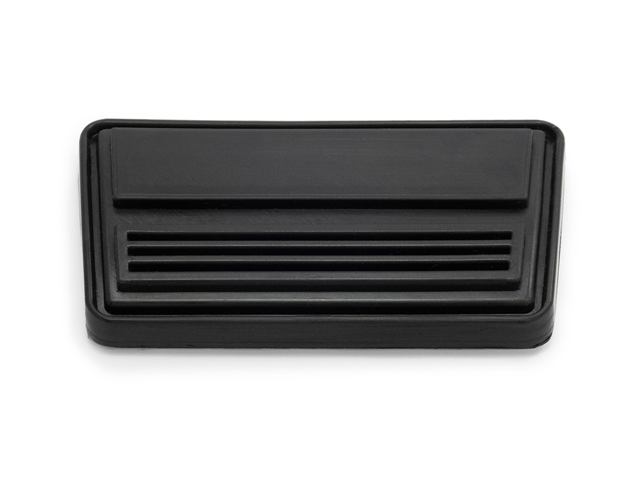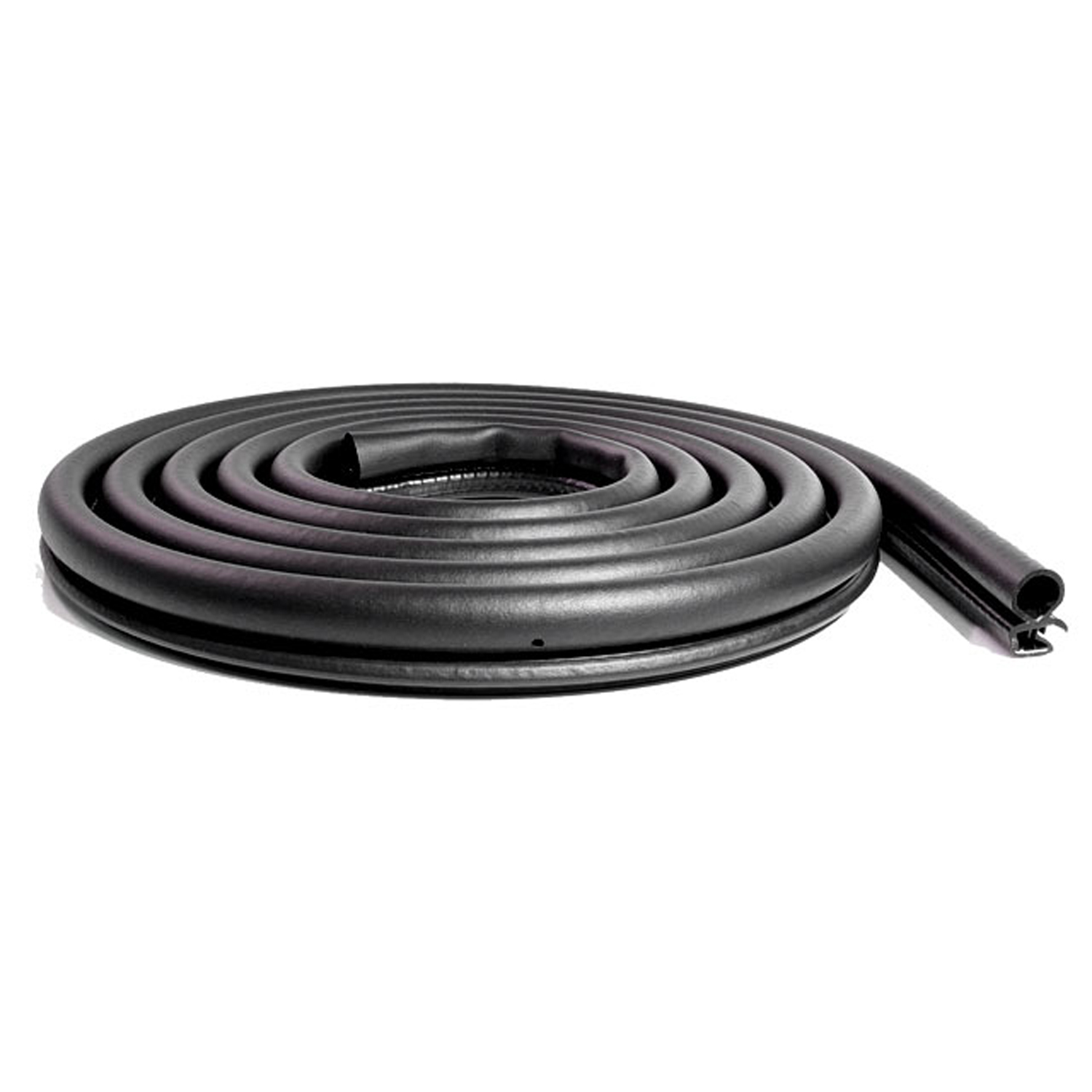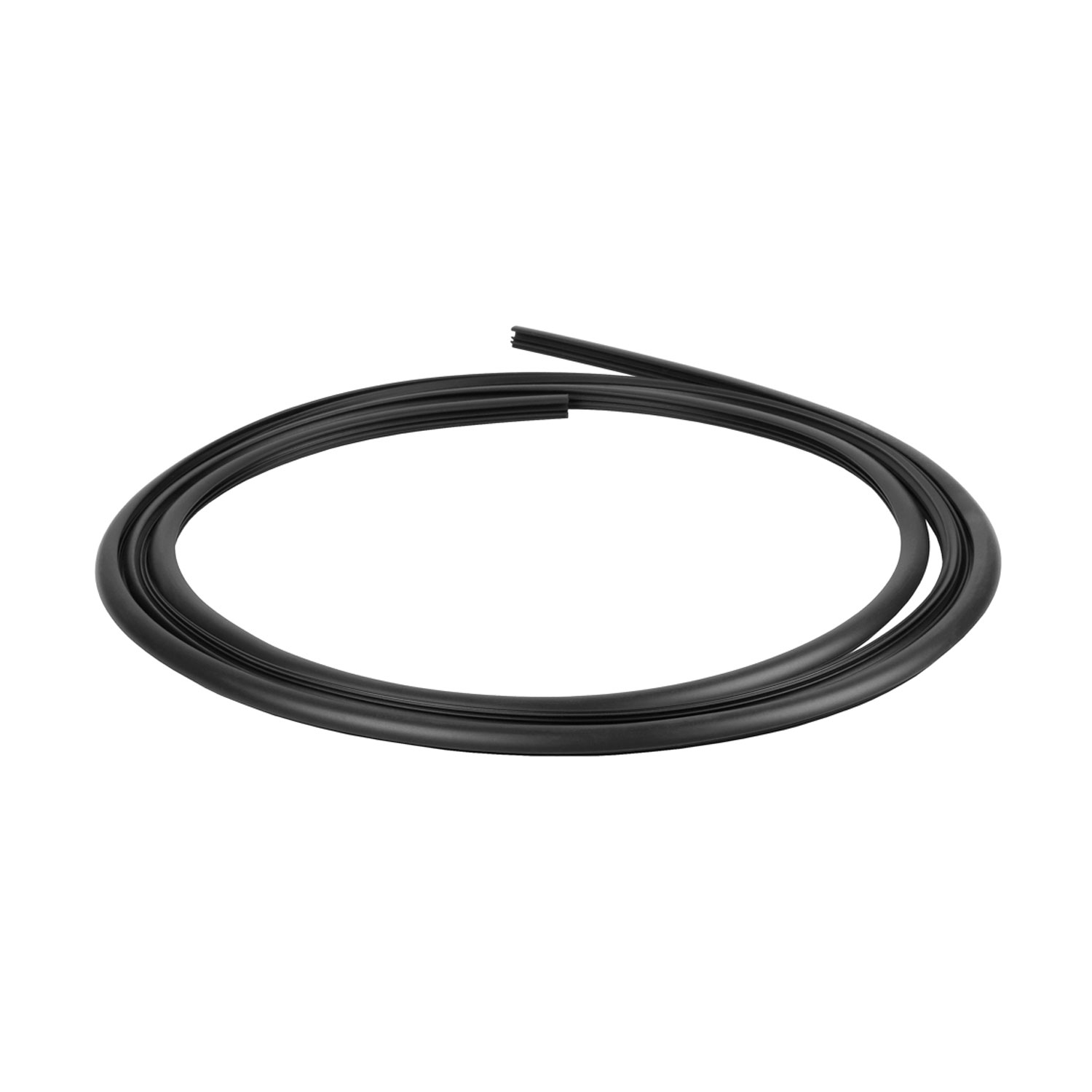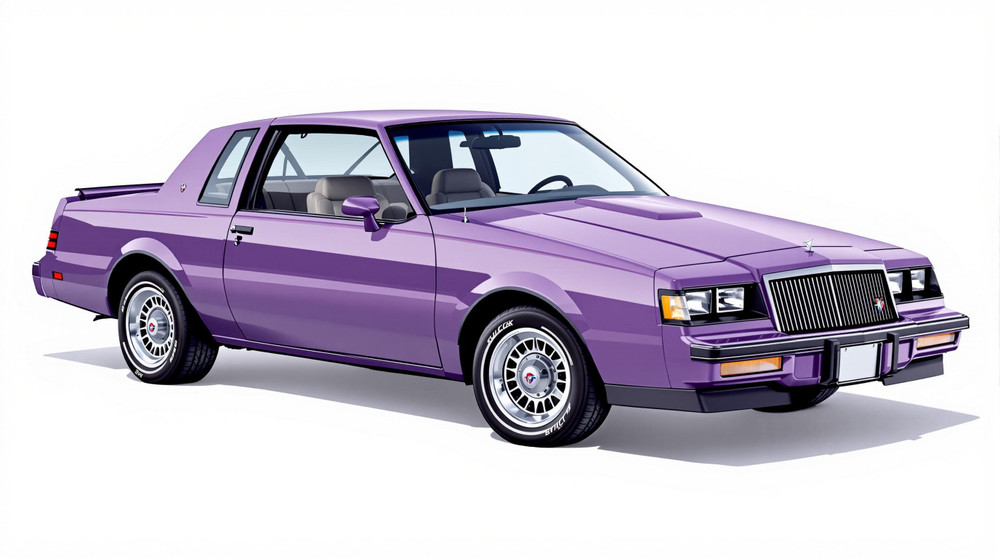Image of 1988 Buick Skyhawk, Note: These illustrations use artistic license and may differ from actual historical models.
Performance Metrics
Fundamental Metrics
Emotional Appeal
MMP Rating
| Engine Specifications | |
|---|---|
| Engine Options: | 2.0L 4-cylinder, 2.5L 4-cylinder |
| Displacement Range: | 2.0L-2.5L |
| Horsepower Range: | 88-125 hp |
| Torque: | 125-135 lb-ft |
| Compression Ratio: | 8.5:1 |
| Ignition System: | Electronic |
| Cooling System: | Liquid-cooled |
| Performance Specifications | |
| 0-60 Time: | 11-13 seconds |
| 1/4 Mile Time: | 18 seconds |
| Top Speed: | 105-110 mph |
| Transmission and Drive | |
| Drive Type: | FWD (Front Wheel Drive) |
| Transmission Type: | 3-speed automatic, 5-speed manual |
| Fuel and Efficiency | |
| Fuel System Type: | Fuel Injection |
| MPG: | 22 city / 29 highway |
| Dimensions and Brakes | |
| Brakes: | Front Disc / Rear Drum |
| Wheelbase: | 101.2 inches |
| Weight: | 2,400 lbs |
Note: Specifications for classic cars are given to the best of our ability, considering the limited and variant data available.
Introduction
The 1988 Buick Skyhawk is not merely a car; it's a testament to the resilience of American automotive ingenuity during a period of transition. Born from the stables of General Motors, the Skyhawk was Buick's answer to the growing demand for compact, fuel-efficient vehicles in the wake of the 1970s oil crisis. This model year marked the twilight of its production, with GM retiring the nameplate in 1989. The Skyhawk's unique fact lies in its adoption of front-wheel drive—a relatively new feature for American cars at the time, which provided better traction and more interior space.
Design and Innovation
With its sleek lines and aerodynamic profile, the 1988 Buick Skyhawk was a visual standout. The car's exterior styling was a harmonious blend of form and function, designed to cut through the air with ease. Inside, drivers were greeted with a cabin that prioritized comfort and practicality. The materials ranged from durable fabrics to plush velours, depending on trim levels. Technologically, it boasted features like electronic fuel injection and an optional digital dashboard—cutting-edge for its era. Color options varied widely, but shades like 'Bright Red' and 'Midnight Blue' often turned heads. The Skyhawk came in several body styles, with the Sport Hatchback being particularly sought after for its sporty appeal.
Historical Significance
The Skyhawk's introduction into the compact car market signaled a shift in American automotive design philosophy towards smaller, more efficient vehicles. It stood out with its balance of economy and luxury—a combination that few competitors could match at the time. Its legacy is reflected in how today's vehicles continue to strive for that balance.
Performance and Handling
The 1988 Buick Skyhawk wasn't just about looks; it had performance credentials to match. Equipped with a 2.0-liter turbocharged engine in some models, it could achieve respectable top speeds and sprint from 0-60 mph in a competitive timeframe for its class. On various driving conditions, the Skyhawk handled with poise, absorbing road imperfections while maintaining stability. Drivers often praised the engine's hum and the overall ride quality that made even long journeys enjoyable.
Ownership Experience
As versatile as it was stylish, the Skyhawk served many roles—from daily commuting to weekend cruising. Owners found it relatively easy to maintain thanks to widespread parts availability and GM's shared platform strategy. However, as with many vehicles of its era, rust could be an issue over time.
Fun Facts
The Skyhawk may not have been as ubiquitous as some of its contemporaries, but it carved out its niche in automotive history. While not known for breaking speed records or dominating sales charts, it did gain a following among those who appreciated its blend of luxury and efficiency. As for criticisms, some felt that its performance could have been more robust given its sporty aspirations.
Collector's Information
Today, finding a 1988 Buick Skyhawk can be akin to unearthing a hidden gem. With production numbers not as high as more mainstream models—estimates suggest tens of thousands rather than hundreds of thousands—its rarity adds to its collectible status. Values can vary widely based on condition and originality but expect well-preserved examples to fetch anywhere from $2,000 to $6,000 or more in today's market.
Conclusion
The 1988 Buick Skyhawk encapsulates a unique period in automotive history—a time when efficiency began to take precedence without sacrificing style or comfort. As we look back on this model year from our modern vantage point, we can appreciate how it helped pave the way for future generations of compact cars that didn't skimp on luxury touches or driving enjoyment.
1988 Buick Skyhawk Catalog of Parts
 1988 Buick Skyhawk Automatic brake pedal pad fits '78-88 GM A, Spec A, G Body-CB 101-DCB 101-D replaces the automatic brake pedal pad on many 1978-1988 General Motors A, Spec A and G body models. Also fits many 1982-1991 GM J, L, N and P body models. 4-1/2" wide X 2-1/2" long. Each
1988 Buick Skyhawk Automatic brake pedal pad fits '78-88 GM A, Spec A, G Body-CB 101-DCB 101-D replaces the automatic brake pedal pad on many 1978-1988 General Motors A, Spec A and G body models. Also fits many 1982-1991 GM J, L, N and P body models. 4-1/2" wide X 2-1/2" long. Each 1988 Buick Skyhawk Extruded door seal (imported). Universal replacement part-IS-MW00100Extruded door seal (imported). Universal replacement part. Made with flexible steel core. Fits front or rear and either side on passenger doors. Does not fit slider/cargo doors and liftgates on vans and mini-vans. 1-3/16 in. X 3/4 in. X 13 ft. 4 in. Each.
1988 Buick Skyhawk Extruded door seal (imported). Universal replacement part-IS-MW00100Extruded door seal (imported). Universal replacement part. Made with flexible steel core. Fits front or rear and either side on passenger doors. Does not fit slider/cargo doors and liftgates on vans and mini-vans. 1-3/16 in. X 3/4 in. X 13 ft. 4 in. Each. 1988 Buick Skyhawk Windshield Reveal Molding, 82-92 GM F, 82-88 GM A, 82-89 GM J, 85-91 GM N Bodies-VWS 1967-LWindshield Reveal Molding, 82-92 GM F, 82-88 GM A, 82-89 GM J, 85-91 GM N Bodies, Each.
1988 Buick Skyhawk Windshield Reveal Molding, 82-92 GM F, 82-88 GM A, 82-89 GM J, 85-91 GM N Bodies-VWS 1967-LWindshield Reveal Molding, 82-92 GM F, 82-88 GM A, 82-89 GM J, 85-91 GM N Bodies, Each.Why Choose Metro?
For over 100 years, Metro Moulded Parts has been the pinnacle of quality in classic car restoration parts. Our commitment to precision and authenticity in every component ensures a perfect fit and an OEM-level appearance.
- Expert Craftsmanship & Quality: Each part is a testament to our dedication to reliability and perfection, crafted from original designs and thoroughly tested.
- Advanced Technology: We use cutting-edge techniques to create flawless, long-lasting parts that surpass others in performance.
- SuperSoft Sponge – The Ultimate Door Seal: Not only are our door seals 30% softer than competitors', but they're also guaranteed to never leak. They effectively reduce wind and road noise, enhancing your classic car's comfort and driving experience.
- Proudly American: Our parts are a product of American craftsmanship, made in the USA with a spirit of excellence and heritage.
- Unrivaled Warranty: We back our products with a 30-year industry-leading warranty, a testament to our confidence in their quality.
Join us in preserving the legacy of classic cars with parts that are crafted for perfection, not just made.

